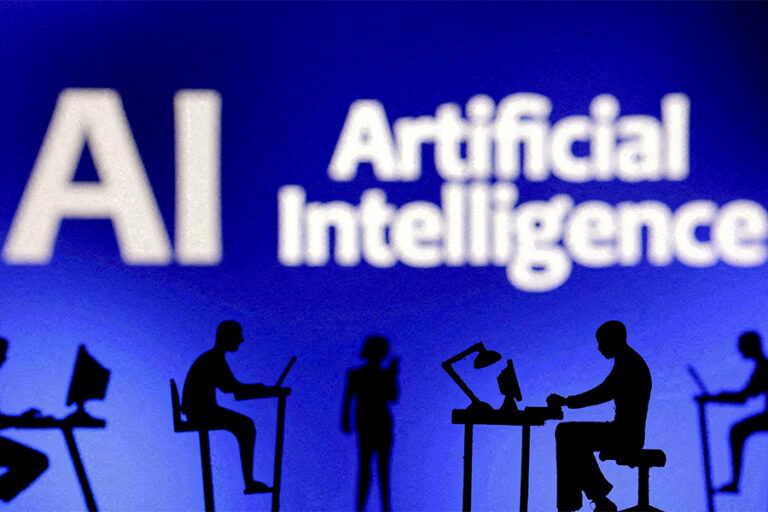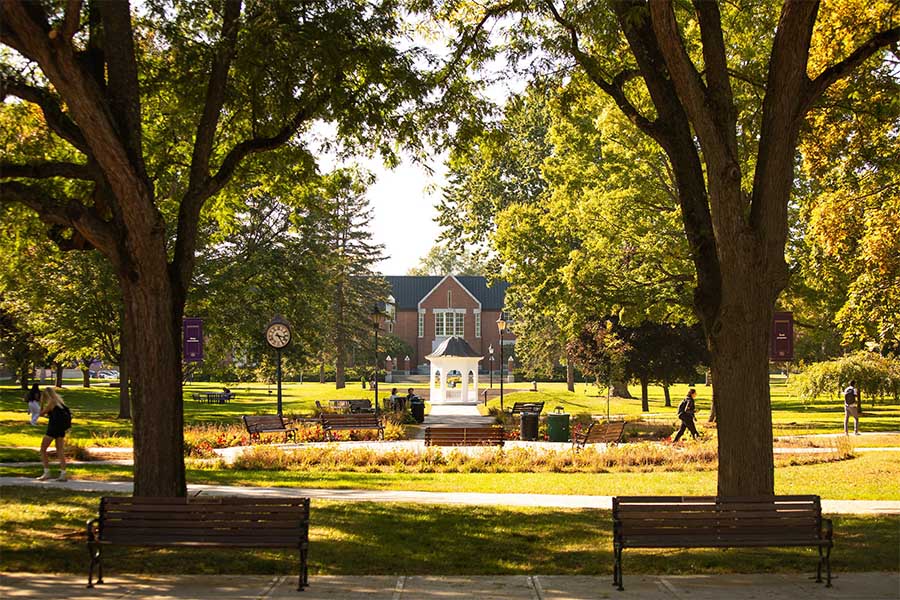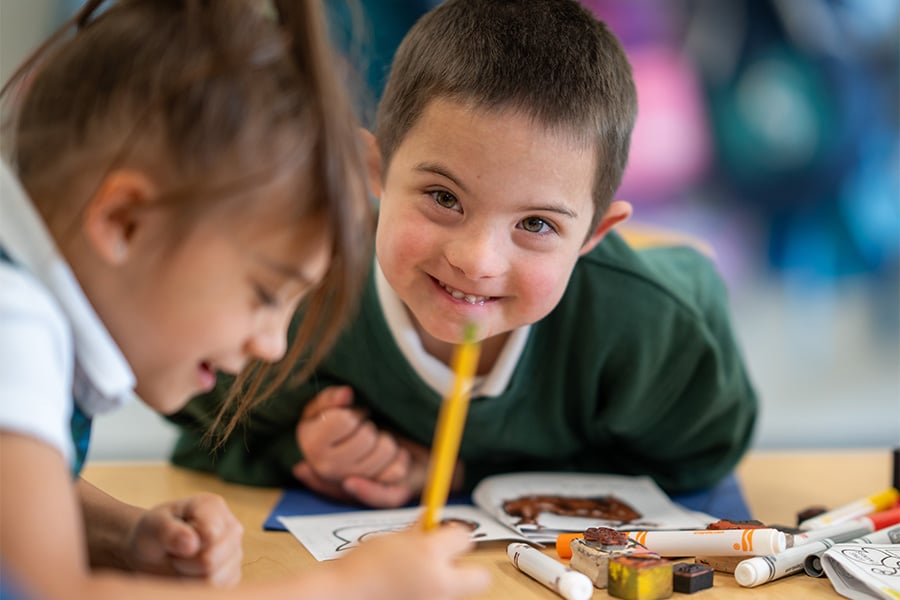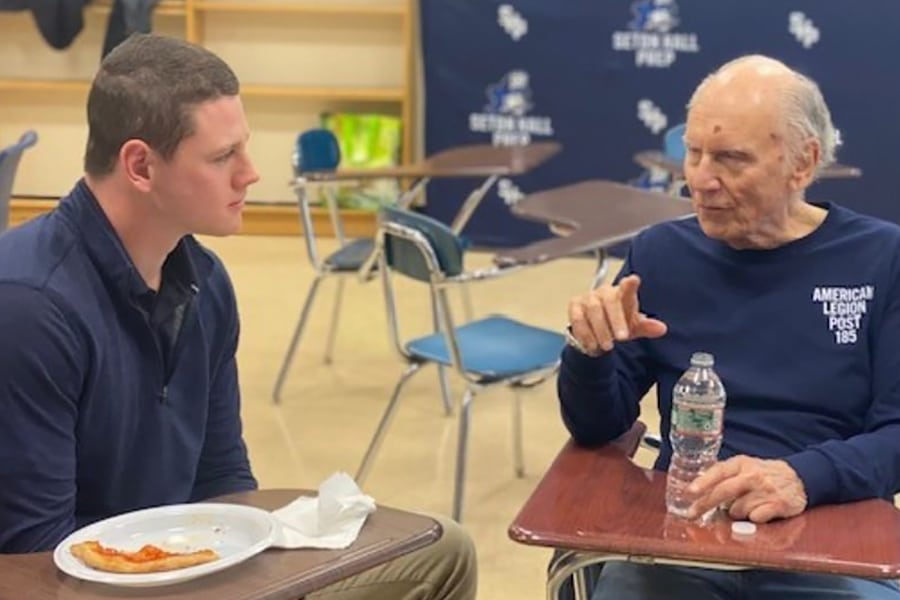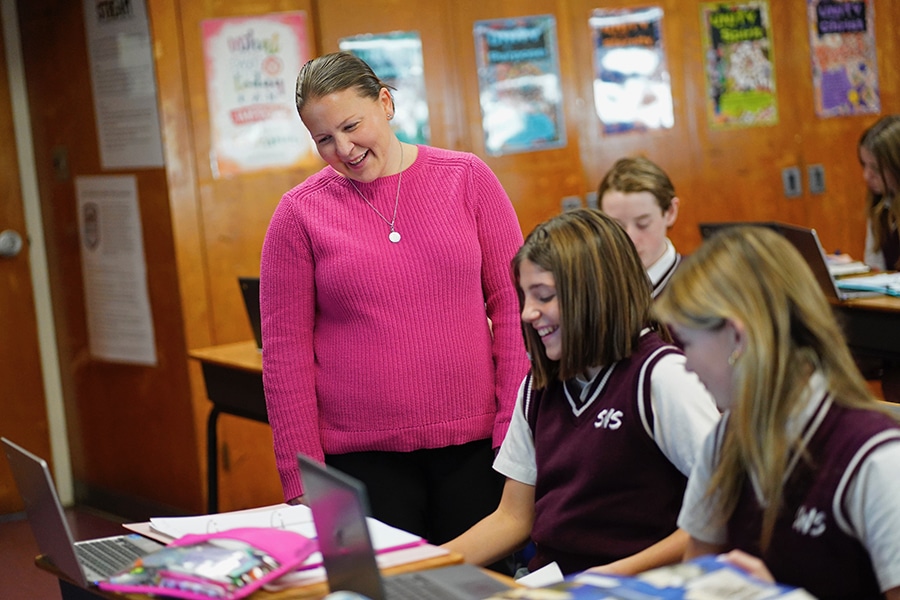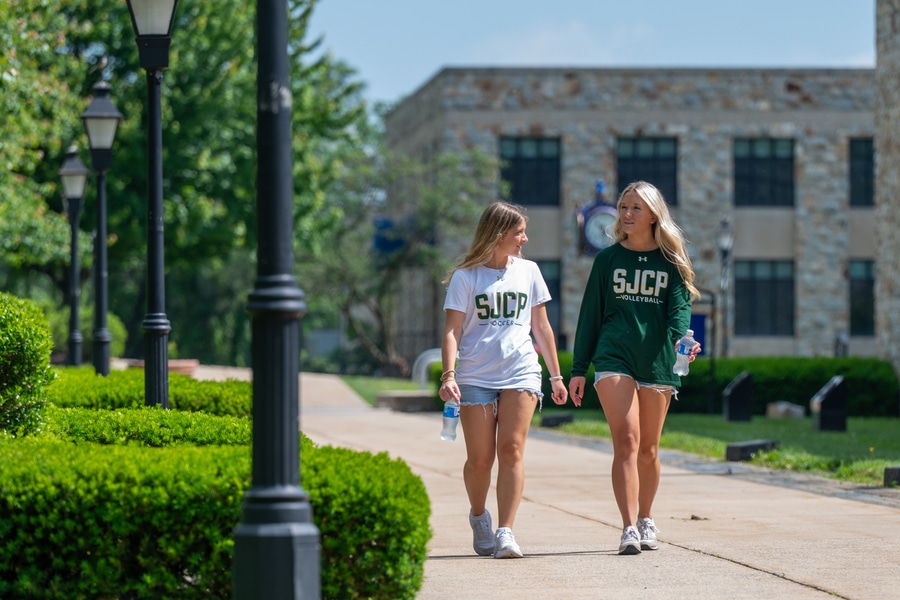It’s never been easier to cheat on school assignments.
With free Artificial Intelligence (AI) resources online, for example, all a student has to do is type in the topic for an essay, give a word count and suggest a few salient points, and within seconds the service can generate an essay.
AI, which uses human-like reasoning, can even write in whatever style is suggested by the user, be it Edgar Allan Poe or Ernest Hemingway.
“The fact is, even before AI, students could go online and pay someone to write an essay,” said Brian Marana, upper school principal at Loyola Blakefield in Towson. “It is a continuing point of conversation. Hoping it goes away is not an option.”
Many Catholic schools in the Archdiocese of Baltimore encourage students to use technology in a way that respects academic integrity.
“AI use is on the increase with students,” said Jill Seaman, assistant head of school at St. John’s Catholic Prep in Buckeystown. “It’s easy to access and hard to verify. It is difficult to navigate how to deal with these academic integrity issues as there is no 100 percent way to check for use.”
Educators have seen a rise in AI misuse in recent years. Marana noted that when students who are suspected of writer fraud are confronted, they often confess to using AI to write a paper, explaining they had a tight deadline or didn’t realize it was wrong.
Yet Marana discourages teachers from running assignments through online programs to check for plagiarism.
“There are false positives and false negatives,” said Marana, who also expressed concerns about adding a student’s voice and rhythm to AI databases when their work is uploaded to be checked.
Many teachers are requiring handwritten assignments now, he said, to “get to know the student’s voice.” Work done in the classroom is also becoming more popular.
“Our teachers are turning to more in-class writing assignments, conferences on papers to determine authenticity, formative assessments in class, and more discussions about authenticity of voice and creativity within the classroom,” Seaman said.
At Archbishop Spalding High School in Severn, President Brian Kohler said AI is an opportunity “to teach students the value of choosing their own knowledge and not the easy way.”
“I applaud all teachers on the frontline trying to deal with these issues,” Kohler said. “It is a matter of educating not just our students, but parents, too.”
Teachers at Loyola Blakefield are encouraged to attend conferences and classes on how to use AI effectively in the classroom. Recently, a history teacher and his class used AI to write a paper. After grading the paper together, he told the class to do better, Marana said. Other teachers are learning how to use AI as a tool to help with writing.
“We are very much early in the process,” Marana said. “We’re dipping our toes in it.”
Email Katie Jones at kjones@CatholicReview.org
Read More Schools
Copyright © 2024 Catholic Review Media

